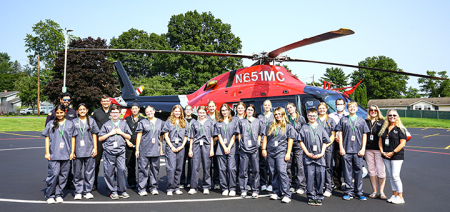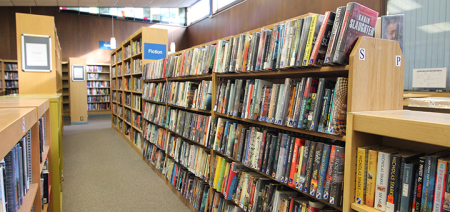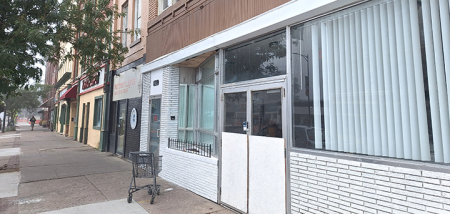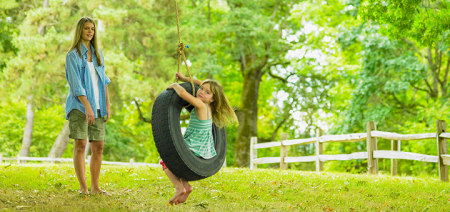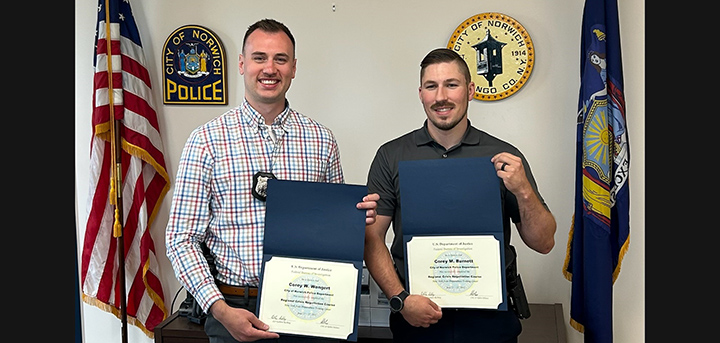Far Too Many Black Americans Remain Separate And Unequal
Published:
September 10th, 2014
By Nat Hentoff
NEA Columnist
To begin with the remoteness of post-racial America, here are "14 Disturbing Stats About Racial Inequality in American Public Schools" from The Nation:
"For the first time in history, the Education Department ... examined school discipline at the pre-K level," discovering that during the 2011-12 school year:
"Black students accounted for 18 percent of the country's pre-K enrollment, but made up 48 percent of preschoolers with multiple out-of-school suspensions.
"Black students were expelled at three times the rate of white students."
Moreover, "black students were more than three times as likely to attend schools where fewer than 60 percent of teachers meet all state certification and licensure requirements" (Steven Hsieh, thenation.com, March 21).
Another grim report about racial disparities comes from Nicholas Kristof, best known for his solo discoveries of human rights abuses in dangerous parts of the globe. He gets to the economic core of this nation's gulf between blacks and whites:
"The net worth of the average black household in the United States is $6,314, compared with $110,500 for the average white household, according to 2011 census data" ("When Whites Just Don't Get It," Kristof, The New York Times, Aug. 31).
"The gap has worsened in the last decade, and the United States now has a greater wealth gap by race than South Africa did during apartheid. (Whites in America on average own almost 18 times as much as blacks; in South Africa in 1970, the ratio was about 15 times.)"
Dig this: "The black-white income gap is roughly 40 percent greater today than it was in 1967."
And then this crusher: "Because of the catastrophic experiment in mass incarceration, black men in their 20s without a high school diploma are more likely to be incarcerated today than employed, according to a study from the National Bureau of Economic Research.
"Nearly 70 percent of middle-aged black men who never graduated from high school have been imprisoned."
Kristof goes on, telling a story that epitomizes hazardous black life in this land of the free and home of the brave:
"I was shaken after a well-known black woman told me about looking out her front window and seeing that police officers had her teenage son down on the ground after he had stepped out of their upscale house because they thought he was a prowler."
Her response? "Thank God he didn't run."
How much of this separate, black American experience will become part of the campaigns of 2016 presidential candidates? So far only Rand Paul indicates it may be part of what he has to say.
But as for the others?
I now turn to the pages of a black newspaper, the New York Beacon, of which I haven't missed an issue for years. In a recent edition, Benjamin Chavis Jr. brings Martin Luther King Jr. into the conversation with an excerpt from his final book, published in 1967, "Where Do We Go From Here: Chaos or Community?"
Said Dr. King: "The persistence of racism in depth and the dawning awareness that Negro demands will necessitate structural changes in society have generated a new phase of white resistance in the North and South."
In his 1964 March on Washington, King directly told his followers:
"Some of you have come fresh from narrow jail cells. Some of you have come from areas where your quest for freedom left you battered by the storms of persecution and staggered by the winds of police brutality. You have been the veterans of creative suffering. Continue to work with the faith that unearned suffering is redemptive."
To which Benjamin Chavis Jr. now says:
"With all that is going on in Missouri, Florida, Texas, North Carolina, Michigan, Ohio, New York, California, Louisiana, Illinois, Washington D.C. and elsewhere, we must transform our anger over police brutality, poverty and economic inequality into a massive voter turnout. We should be preparing right now in every voting precinct in every congressional district and in every state where we live to have an unprecedented high voter turnout this November. We did it in 2008, we did it in 2012, and we can do it again in 2014" ("From 'Hands Up, Don't Shoot' to 'Hands Up, Vote,'" Chavis, New York Beacon, Aug. 25).
And, of course, in 2016 and beyond.
Chavis continues: "Too often we live in communities where we have the potential margin of victory for local, congressional, statewide and national elections, but we simply do not go to the polls and vote, even though so many of our people died, bled, went to jail and 'suffered' for us to get the right to vote. Having a right to vote is not enough.
"We all must exercise the right to vote not once but in every election. It's extremely important that we do so this year because people expect us to, because Obama's name will not be on the ballot and midterm voting is traditionally lower than in presidential years."
But I must add that it will be even more important for insistent black voters everywhere to underline that whoever is on the 2016 presidential ballot be far less directionless, uninformed and contemptuous of our constitutional liberties than Obama.
Black Americans can indeed be pivotal in making the deep structural changes throughout our society that Martin Luther King Jr. envisioned. If only he had been our first black president.
Comments
